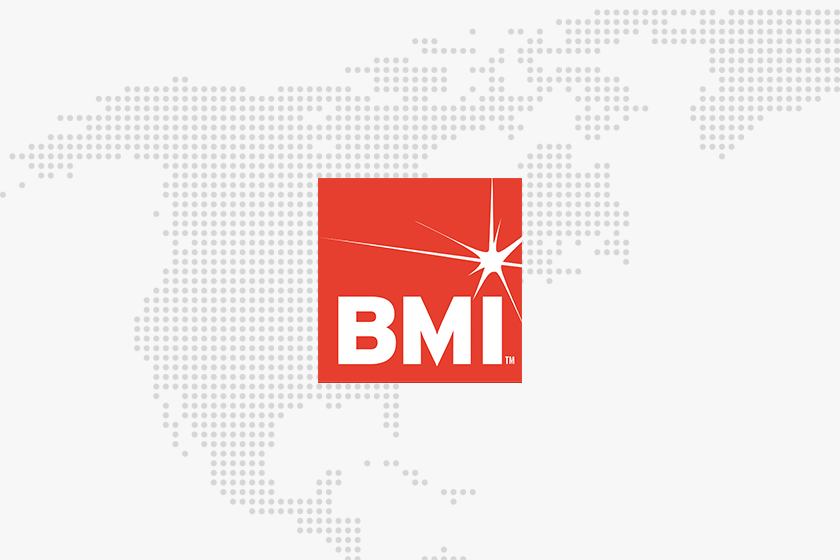CISAC files amicus brief supporting BMI before the U.S Court of Appeal

On behalf of 239 members around the world, CISAC has filed an amicus brief before the U.S Court of Appeal of the 2nd circuit to support BMI in its legal battle with the U.S. Department of Justice. The brief outlines the international perspective for the Court by highlighting the potential ramifications of prohibiting fractional licensing by U.S. performing rights organisations (PROs). It aims to notify the Court of the full implications of this appeal for more than 4 million international creators and the global licensing market in which U.S. PROs participate.
CISAC’s brief supports the interpretation of Judge Stanton’s order concluding that the BMI Consent Decree requires neither full-work licencing nor prohibits fractional licensing for at least two reasons. First, CISAC underlines that full-work licensing of split works is contrary to the way rights are globally and collectively managed, and fully consistent with functioning and competitive collective licensing markets. In this regard, CISAC concludes that prohibiting fractional licensing is unnecessary and would cause significant administrative burdens and increased transaction costs for all CMOs around the world.
Second, CISAC stresses out that full-work licencing would impinge upon the freedom foreign creators currently enjoy in being able to choose which U.S. PRO will manage and licence their rights in the United States. Full-work licencing would also raise copyright concerns by forcing BMI and ASCAP to licence the entirety of a jointly-owned foreign work where they have only been granted a fractional share by a foreign CMO. It could additionally result in those societies not being able to licence certain foreign works at all because they fall outside of their respective repertories.
ASCAP and SESAC have also filed amicus briefs supporting BMI’s position. Oral arguments before the Court are expected to commence late this year or in early 2018.
